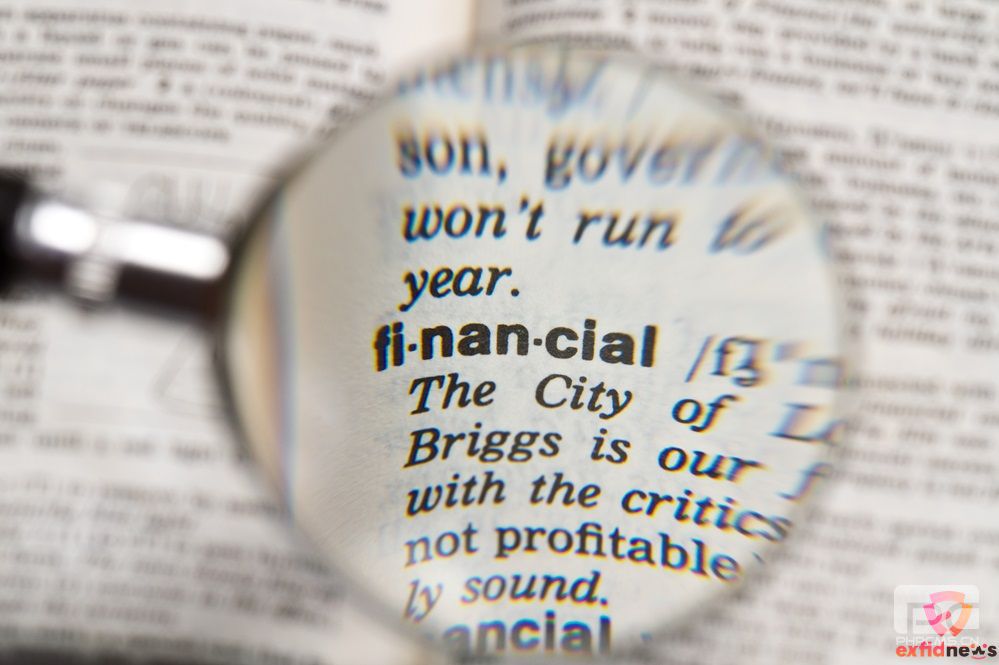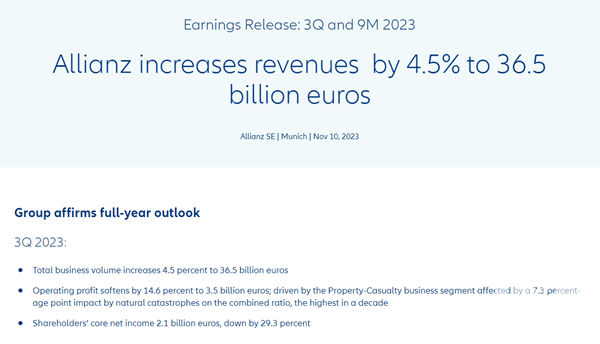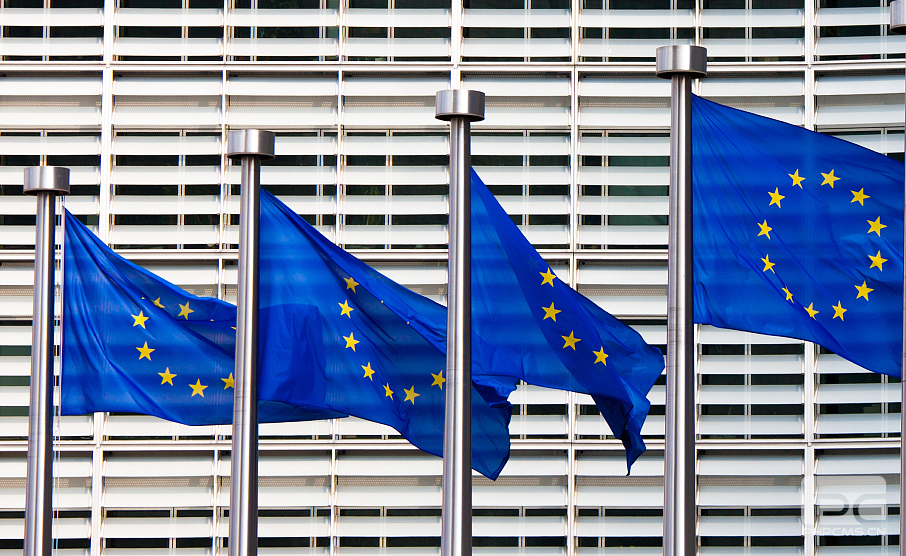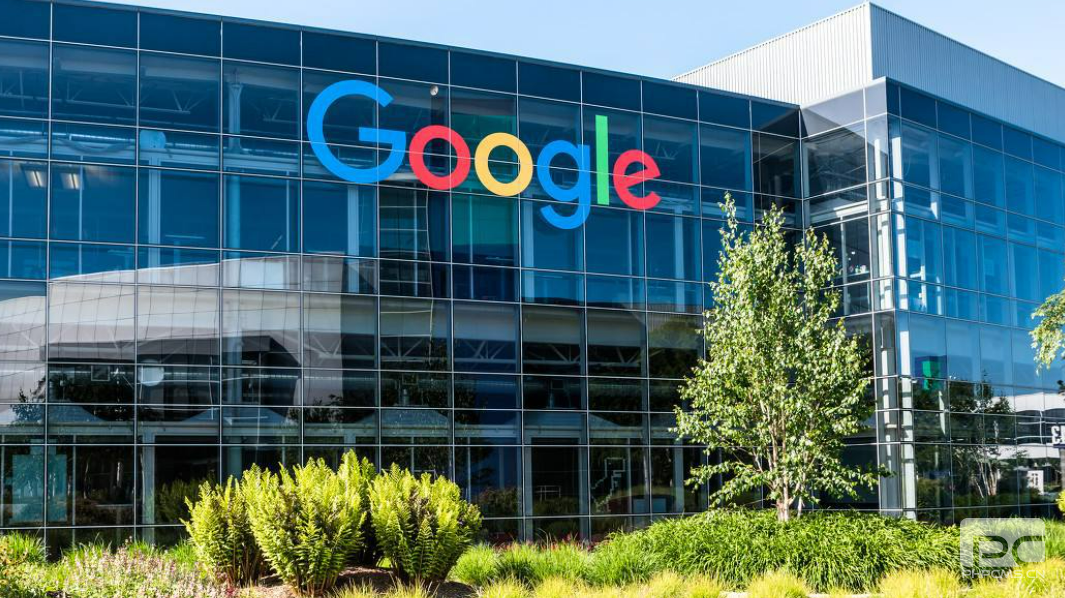France to Implement New Tax Relief System for Angel Investments
In a significant move as part of its 2024 budget, the French government has approved a new tax relief system for angel investments in technology startups. France is taking cues from the thriving British tech ecosystem for this endeavor.
If you're an angel investor in the UK, you're likely well-versed in acronyms like SEIS (Seed Enterprise Investment Scheme) and EIS (Enterprise Investment Scheme). These two tax relief programs have been instrumental in fostering angel investments in small private companies, especially tech startups, since 1994.
In the UK, investing in an early-stage startup makes you eligible for a 50% tax reduction on your income tax, with an annual investment limit of £200,000. But what exactly constitutes an early-stage startup? The criteria evolve periodically, but currently, an SEIS-eligible company is a British company less than three years old, with fewer than 25 employees and gross assets of less than £350,000.
Emmanuel Nataf, Co-founder and CEO of Reedsy, commented, "I benefited from SEIS both as a founder and an investor. SEIS funding de-risks angel investing and allows startups to close their rounds much faster. The fact that any taxpayer, not just the wealthiest, can benefit from the tax breaks makes it a real enabler for the tech ecosystem in the U.K."
The Enterprise Investment Scheme, as implied by its name, extends eligibility to a broader range of companies. In this case, individual investors receive a 30% tax reduction on their income tax. EIS-eligible companies are less than seven years old, have fewer than 250 employees, and maintain gross assets below £15 million.
Notably, deep tech companies enjoy extended eligibility, being eligible for up to 10 years. Individuals can invest as much as £1 million per year to benefit from the tax credit (or £2 million for deep tech investments).
These schemes have been remarkably successful. In 2021, according to a report from Paul Midy, a member of the National Assembly representing Emmanuel Macron's party, a total of £175 million and £1.6 billion were invested in private companies via the SEIS and EIS, respectively (equivalent to $213 million and $1.95 billion at current exchange rates).
Midy also emphasized, "Angel investors taking advantage of the schemes also bring significant support to the founders, which might be harder to get from institutional funds."
Adopting SEIS and EIS-Like Schemes
France is adopting similar schemes with slight variations. Starting in 2024, individuals investing in companies labeled as JEI (young innovative companies) will enjoy a 30% income tax reduction.
In 2025, two new categories, JEIC (for growth) and JEIR (for disruption), will be introduced. These acronyms may sound technical, but the key point is that investors in deep tech startups will receive a 50% tax reduction for investments up to €100,000 per year. Investors in other startups will be eligible for a 30% tax reduction for investments up to €150,000 per year.
Paul Midy stated, "This scheme for so-called 'young companies' is designed to help thousands of young innovative companies to hire, raise capital, improve cash flow, and gain access to public contracts. It should enable half a billion euros in additional fundraising every year for our startups, specifically at the early stage."
The impact of this regulatory change on the French tech ecosystem will take some time to materialize. Nonetheless, it is a much-welcomed change, especially considering that France, like many tech ecosystems worldwide, has witnessed a slowdown in traditional VC investments.
In a significant move as part of its 2024 budget, the French government has approved a new tax relief system for angel investments in technology startups. France is taking cues from the thriving British tech ecosystem for this endeavor.
If you're an angel investor in the UK, you're likely well-versed in acronyms like SEIS (Seed Enterprise Investment Scheme) and EIS (Enterprise Investment Scheme). These two tax relief programs have been instrumental in fostering angel investments in small private companies, especially tech startups, since 1994.
In the UK, investing in an early-stage startup makes you eligible for a 50% tax reduction on your income tax, with an annual investment limit of £200,000. But what exactly constitutes an early-stage startup? The criteria evolve periodically, but currently, an SEIS-eligible company is a British company less than three years old, with fewer than 25 employees and gross assets of less than £350,000.
Emmanuel Nataf, Co-founder and CEO of Reedsy, commented, "I benefited from SEIS both as a founder and an investor. SEIS funding de-risks angel investing and allows startups to close their rounds much faster. The fact that any taxpayer, not just the wealthiest, can benefit from the tax breaks makes it a real enabler for the tech ecosystem in the U.K."
The Enterprise Investment Scheme, as implied by its name, extends eligibility to a broader range of companies. In this case, individual investors receive a 30% tax reduction on their income tax. EIS-eligible companies are less than seven years old, have fewer than 250 employees, and maintain gross assets below £15 million.
Notably, deep tech companies enjoy extended eligibility, being eligible for up to 10 years. Individuals can invest as much as £1 million per year to benefit from the tax credit (or £2 million for deep tech investments).
These schemes have been remarkably successful. In 2021, according to a report from Paul Midy, a member of the National Assembly representing Emmanuel Macron's party, a total of £175 million and £1.6 billion were invested in private companies via the SEIS and EIS, respectively (equivalent to $213 million and $1.95 billion at current exchange rates).
Midy also emphasized, "Angel investors taking advantage of the schemes also bring significant support to the founders, which might be harder to get from institutional funds."
Adopting SEIS and EIS-Like Schemes
France is adopting similar schemes with slight variations. Starting in 2024, individuals investing in companies labeled as JEI (young innovative companies) will enjoy a 30% income tax reduction.
In 2025, two new categories, JEIC (for growth) and JEIR (for disruption), will be introduced. These acronyms may sound technical, but the key point is that investors in deep tech startups will receive a 50% tax reduction for investments up to €100,000 per year. Investors in other startups will be eligible for a 30% tax reduction for investments up to €150,000 per year.
Paul Midy stated, "This scheme for so-called 'young companies' is designed to help thousands of young innovative companies to hire, raise capital, improve cash flow, and gain access to public contracts. It should enable half a billion euros in additional fundraising every year for our startups, specifically at the early stage."
The impact of this regulatory change on the French tech ecosystem will take some time to materialize. Nonetheless, it is a much-welcomed change, especially considering that France, like many tech ecosystems worldwide, has witnessed a slowdown in traditional VC investments.




Copyright © 2023.Yooke studio All rights reserved.
PKWEEKLY NEWS












